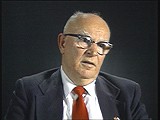You searched for: k%C3%A8o%20c%C3%A1%20%C4%91%E1%BB%99%E3%80%900242.com%E3%80%91ty%20le%20bong%20da%20ca%20cuoc
<< Previous | Displaying results 281-290 of 361 for "k%C3%A8o%20c%C3%A1%20%C4%91%E1%BB%99%E3%80%900242.com%E3%80%91ty%20le%20bong%20da%20ca%20cuoc" | Next >>
-
Moishe Felman
ID CardThe youngest of seven children, Moishe was raised in a Yiddish-speaking, religious Jewish home in Sokolow Podlaski, a manufacturing town in central Poland with a large Jewish population of some 5,000. Moishe's parents ran a grain business. Moishe attended a Jewish school and began public school in Sokolow Podlaski in 1933. 1933-39: Summer vacation had just finished and 13-year-old Moishe was about to begin another year at elementary school when the Germans invaded Poland on September 1, 1939. German…
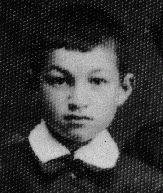
-
Herschel Low
ID CardHerschel was the oldest of four children born to a Jewish family in the Polish town of Ulanow. His father was a landowner and cattle merchant who transported calves from the Ulanow area for sale in other towns. Herschel attended a religious school from the age of 3, and started public school at age 7. 1933-39: Since Herschel was skilled with his hands, his father got him a job weaving reed baskets after he graduated from high school. Herschel was also a member of a Jewish youth organization, Benei Akiva,…
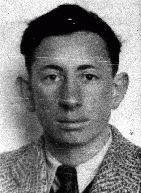
-
Odon Jerzy Wos
ID CardOdon was the third of four children born to Roman Catholic parents in Warsaw, Poland's capital. His father had worked for the Polish merchant marine before starting his own textile business in 1930. When Odon was 8, the family moved to a comfortable apartment located near the Royal Castle and Vistula River. In 1932 Odon began attending grade school. 1933-39: In September 1938 Odon began secondary school. Sensing growing danger from Germany, his father advised him to study German in addition to French. On…
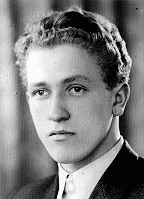
-
Mieczyslaw (Marek) Madejski
ID CardMieczyslaw was the eldest of three sons born to well-to-do Roman Catholic parents in Poland's capital of Warsaw. His father was a real estate developer and his mother was a housewife. Mieczyslaw, or Mieteck as he was nicknamed, began attending public elementary school in 1930 when he was 7 years old. 1933-39: Mieczyslaw's father urged him to study either German or Russian because he thought it was likely that there would be a German or Soviet invasion. Germany invaded Poland on September 1, 1939. During…
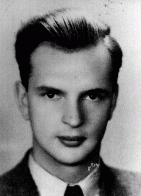
-
Stevo Jugovic
ID CardStevo, who was Serbian Orthodox, was a blacksmith, gunsmith and farmer in the village of Pucari. When he was 20, he went to live in the United States in Minnesota for four years. In 1912 he returned to Pucari, but when his wife and two of his sons died from influenza, he left again for America. In 1923 he returned to Pucari, where he remarried and raised four more children. 1933-39: Stevo had saved some money in the United States, and became one of the wealthiest farmers in his village. He acquired…
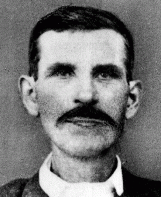
-
Eva Miodelska
ID CardEva was the oldest of four children born to a Jewish family in the central Polish town of Lipsko, about 30 miles southeast of Radom. The family lived at #12 Casimirska Street and Eva attended a private Jewish primary school. Eva's father owned a factory that produced shoes made from leather and cork. 1933-39: In the early 1930s Eva began secondary school in Zwolen, a town about 20 miles to the north. In 1936 her father left for Argentina to settle the estate of his deceased sister. For the two years he…
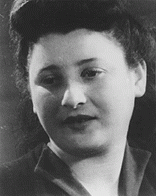
-
Mass Shootings at Babyn Yar (Babi Yar)
ArticleAt Babyn Yar in late September 1941, SS and German police units and their auxiliaries perpetrated one of the largest massacres of World War II.
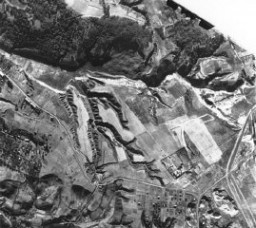
-
Dismissal letter from the Berlin transit authority
DocumentA letter written by the Berlin transit authority (Berliner Verkehrs Aktiengesellschaft) to Viktor Stern, informing him of his dismissal from his post with their agency as of September 20, 1933. This action was taken to comply with provisions of the Law for the Restoration of the Professional Civil Service. On April 7, the German government issued the Law for the Restoration of the Professional Civil Service (Gesetz zur Wiederherstellung des Berufsbeamtentums), which excluded Jews and political opponents…
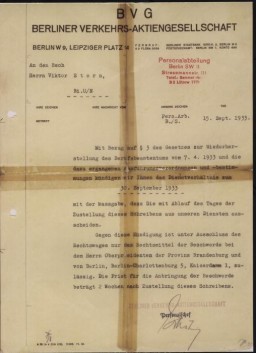
-
Susan Bluman describes the German invasion of Poland
Oral HistorySusan was 19 years old when Germany invaded Poland in September 1939. Her boyfriend, Nathan, was in Lvov when the Soviet Union occupied eastern Poland. Nathan sent a guide to Warsaw to bring Susan to the Soviet zone of occupied Poland. Her parents reluctantly agreed after Susan promised to return to Warsaw within two weeks. Upon her arrival in Lvov, Susan married Nathan. The couple then fled across the Lithuanian border to Vilna, where they stayed for a year. They received a visa for transit through Japan…
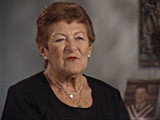
-
Joseph Stanley Wardzala describes conditions at the forced-labor camp in Hannover
Oral HistoryJoseph and his family were Roman Catholics. After Germany invaded Poland in 1939, roundups of Poles for forced labor in Germany began. Joseph escaped arrest twice but the third time, in 1941, he was deported to a forced-labor camp in Hannover, Germany. For over four years he was forced to work on the construction of concrete air raid shelters. Upon liberation by US forces in 1945, the forced-labor camp was transformed into a displaced persons camp. Joseph stayed there until he got a visa to enter the…
